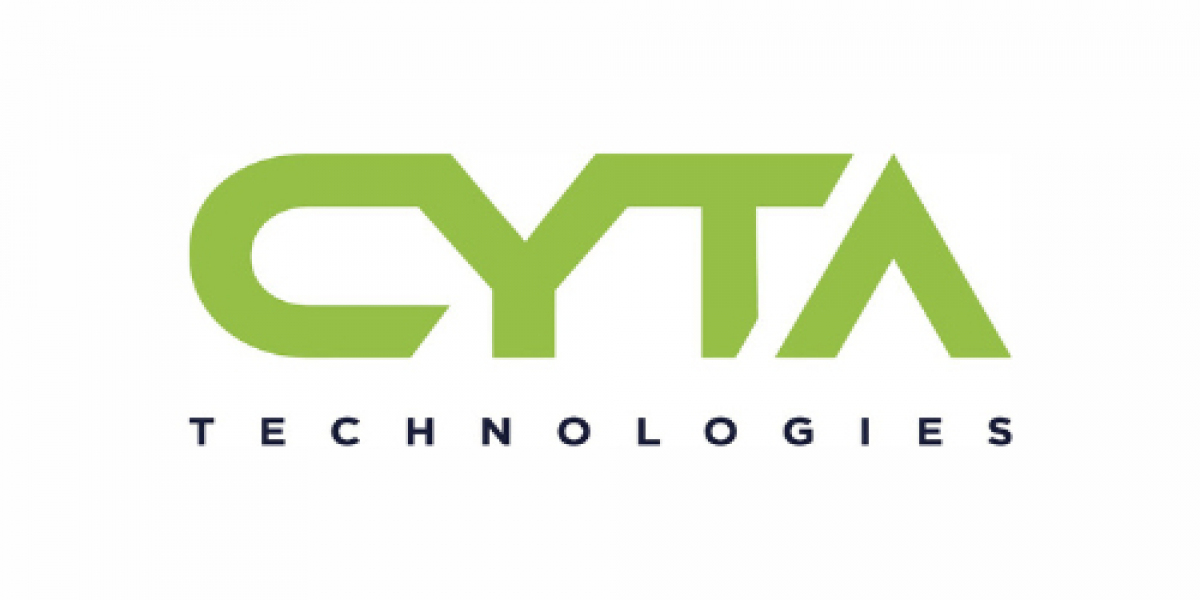The rise of the Software-as-a-Service (SaaS) industry has transformed the way businesses operate and interact with their customers. Yet, building SaaS apps from scratch can be a daunting and resource-intensive process. Enter white label app builder, a game-changing solution for entrepreneurs and businesses looking to streamline app creation without sacrificing quality.
What Are White Label App Builders?
At their core, white label app builders are platforms or tools that allow businesses to create fully functional apps, branded as their own, without developing the software from the ground up. These tools come with pre-designed frameworks, templates, and features that can be customized to suit specific needs.
With white label solutions, companies can focus on branding, user experience, and marketing without worrying about the complexities of coding and backend development.
How Do White Label App Builders Work?
White label app builders provide a streamlined process for app creation. Here’s how they typically work:
- Template Selection: Users can choose from a wide range of templates designed for specific industries, such as e-commerce, fitness, or education.
- Customization: The platform allows for easy adjustments to design elements, features, and functionalities to align with the company’s branding.
- Deployment: Once the app is customized, it can be deployed on app stores or shared directly with users, complete with the company’s name and logo.
This plug-and-play approach eliminates the need for extensive development teams, reducing costs and saving time.
Key Features of White Label App Builders
A robust white label app builder offers a variety of features that cater to different business needs. Here are some of the most common ones:
1. Drag-and-Drop Interfaces
Simplified interfaces allow users to build apps without coding knowledge. Features like drag-and-drop editors make the design process intuitive and quick.
2. Custom Branding Options
Businesses can add their logos, color schemes, and unique branding elements to ensure the app looks and feels like their own product.
3. Pre-Built Integrations
Many white label platforms come with integrations for payment gateways, customer relationship management (CRM) tools, and marketing automation.
4. Multi-Platform Compatibility
White label solutions often support both iOS and Android platforms, ensuring businesses can reach a wider audience.
5. Analytics and Reporting
Built-in analytics help track app performance, user engagement, and key metrics, enabling data-driven decision-making.
Benefits of Using White Label App Builders
The advantages of white label app builders extend beyond just cost savings. Here’s why they’re a preferred choice for SaaS businesses:
1. Cost-Effectiveness
Developing an app from scratch requires a significant investment in developers, designers, and resources. White label solutions eliminate these costs, making app development more accessible.
2. Time Efficiency
With pre-designed templates and ready-to-use features, companies can launch their apps in weeks, not months.
3. Scalability
White label platforms are designed to grow with your business. You can easily add new features or update designs without starting from scratch.
4. Focus on Core Competencies
By outsourcing the technical side of app creation, businesses can focus on marketing, sales, and customer acquisition.
5. Reduced Technical Expertise Required
You don’t need a team of developers or IT professionals to create a polished, functional app.
Top Industries Using White Label App Builders
White label app builders are versatile, catering to a variety of industries. Here are some sectors that benefit the most:
1. E-Commerce
Retailers can quickly build branded shopping apps with features like product catalogs, secure payments, and push notifications.
2. Healthcare
Healthcare providers use these tools to create telemedicine platforms, appointment scheduling apps, and patient portals.
3. Fitness and Wellness
Gyms and trainers can offer personalized fitness programs and virtual classes through customized apps.
4. Education
Educational institutions and tutors can design e-learning platforms complete with video streaming and interactive quizzes.
5. Real Estate
Real estate agencies use white label apps to showcase property listings, connect with clients, and streamline transactions.
White Label vs. Custom App Development
While white label app builders offer significant benefits, how do they compare to traditional custom development? Let’s break it down:
| Feature | White Label | Custom Development |
|---|---|---|
| Cost | Low | High |
| Development Time | Weeks | Months |
| Customization | Limited to platform options | Fully customizable |
| Technical Expertise | Minimal | High |
For businesses with specific, complex needs, custom development may still be the better choice. However, for most use cases, white label solutions strike the perfect balance between affordability and functionality.
How to Choose the Right White Label App Builder
With countless options available, selecting the right white label app builder can be overwhelming. Here are some tips to guide your decision:
1. Identify Your Needs
Outline the features and functionalities your app requires, such as e-commerce support, analytics, or multi-language capabilities.
2. Evaluate User Reviews
Research platforms and read user feedback to gauge reliability, ease of use, and customer support.
3. Check Customization Options
Ensure the platform allows for branding and design flexibility to match your business identity.
4. Consider Scalability
Choose a solution that can grow with your business, supporting future upgrades and expansions.
5. Review Pricing Models
Compare subscription fees, hidden costs, and value-added features to find the best deal.
Challenges of White Label App Builders
While white label app builders offer numerous advantages, they’re not without challenges. These include:
1. Limited Customization
For highly specific requirements, white label solutions may lack the flexibility of custom development.
2. Dependency on the Provider
Your app’s functionality depends on the reliability of the white label provider. Downtime or issues with the platform can directly impact your business.
3. Potential for Similarity
Using templates increases the risk of your app resembling others in the market.
Future of White Label App Builders
As the demand for SaaS solutions grows, white label app builders are expected to evolve further. Innovations such as AI-driven app design, advanced integrations, and enhanced customization capabilities are likely to define the future of this technology.
With a focus on accessibility and cost-efficiency, these tools will continue empowering businesses to enter the app market without heavy technical investments.
Conclusion
White label app builders are revolutionizing the way SaaS businesses approach app development. By offering a cost-effective, time-efficient, and user-friendly solution, these platforms make app creation accessible to entrepreneurs and enterprises alike. While not a perfect fit for every scenario, they offer a compelling alternative to traditional app development for most use cases.









